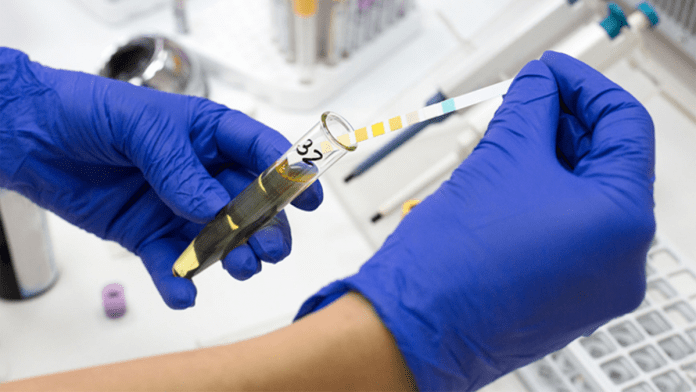News in brief: Almost all adolescents in a county in Ecuador have high levels of glyphosate in their urine, along with other pesticides. The research indicates potential health effects on adolescents, especially since glyphosate has been linked to cancer.
A recent study published in the journal Environmental Health Perspectives found that nearly all adolescents living in the agricultural county of Pedro Moncayo, Ecuador, have high concentrations of the pesticide glyphosate in their urine.
As reported by a news outlet, the study claimed that 66.2% of the participants had an herbicide in their urine known as 2,4-D and 63.3% had DCBA, a metabolite of the insecticide DEET, in their urine.
The researchers further found that higher concentrations of glyphosate were linked to lower scores in social perception, while higher concentrations of 2,4-D were linked to problems with memory and learning, language, attention, and inhibitory control.
Glyphosate is the most widely used herbicide in the world, and it is found in many popular weedkillers, including Roundup. The chemical has been linked to cancer, particularly non-Hodgkin’s lymphoma. In 2020, Bayer, the German pharmaceutical company that manufactures Roundup, paid up to $10 billion to settle cancer lawsuits related to the product.
This latest report raises concerns about the potential health effects of glyphosate and other pesticides on adolescents. Adolescents are particularly vulnerable to the effects of pesticides because their bodies are still developing.
Experts say more research is needed to fully understand the long-term health effects of glyphosate and other pesticides on adolescents. However, the findings of this study suggest that more needs to be done to protect adolescents from exposure to these chemicals.
It is equally curious that the study surfaced at a critical time when the European Commission is set to vote on the future of the chemical. The bloc is divided over the benefits of glyphosate to agricultural production outweighing the harm it does.



